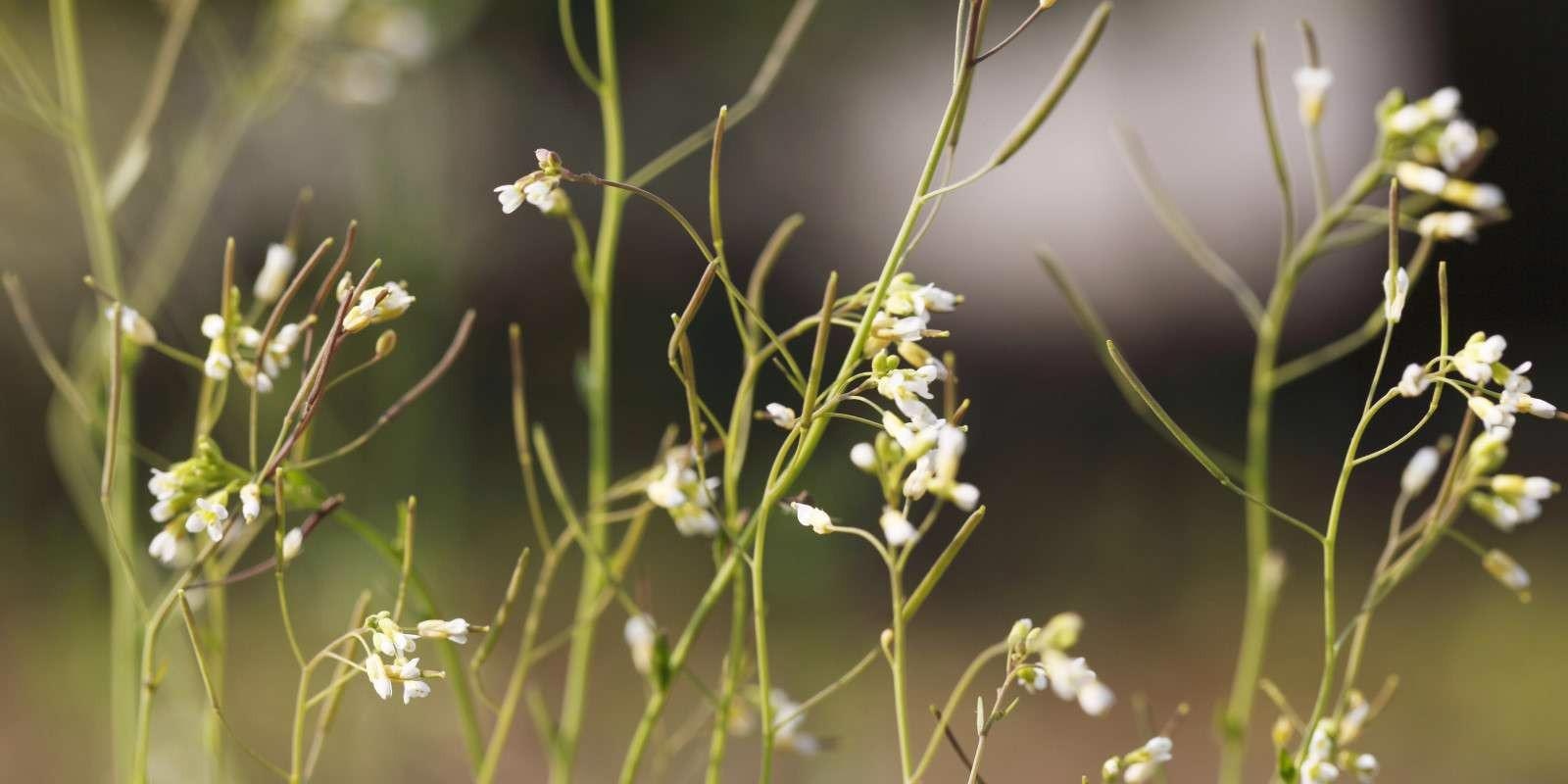Dec 15 2020
Scientists from the Adolphe Merkle Institute and the Department of Biology of the University of Fribourg have identified how some silica nanoparticles could serve as a degradable, traceless and highly efficient treatment against certain plant pathogens.

Image Credit: University of Fribourg.
Currently, one of the major challenges in agriculture is the higher use of pesticides and fertilizers. An increasing number of products have been either banned or regarded as dangerous for human and animal health. Thus, there is an acute need for alternatives.
One way is to trigger a plant's own immune response against pathogen attacks. Silicic acid occurs naturally in soil and is known to stimulate such responses in plants. Moreover, amorphous silica nanoparticles can discharge this substance in minuscule amounts.
Silica nanoparticles also occur naturally in several food crops like cereals and are more common than thought. They form part of food-grade silica (SiO2), also called E551 on labels and packaging and used for several decades in a range of products like pills, table salt, or protein powders to prevent clumping.
Increased Resistance
Considering this, the Fribourg-based team aimed to produce an environmentally safe nano-agrochemical to achieve the targeted delivery of silicic acid and to trigger plant defense. They produced silica nanoparticles with properties analogous to those found in plants.
The researchers tested the efficiency of the nanoparticles by applying them on Arabidopsis thaliana (thale cress)—a plant model that is extensively used—infected with Pseudomonas syringae, a bacterial pest that is another model organism.
The findings revealed that their nanoparticles can boost resistance against the bacteria in a dose-dependent manner by stimulating the defense hormone of the plant—salicylic acid (which is also the active ingredient in aspirin). The researchers also studied the interactions between the nanoparticles and the leaves of the plant.
They could demonstrate that the uptake and action of the nanoparticle occurred uniquely through the leaf pores, or stomata, which enable the plants to breathe. The nanoparticles were not found to permeate further into the plants and degrade without any trace in the presence of water, which is a crucial consideration for food and environmental safety.
In contrast to free silicic acid, which is already used for protecting crops, the silica nanoparticles exerted less stress on the plants and other soil microorganisms as they release the silicic acid gradually.
Published in the leading journal Nature Nanotechnology, the study demonstrates that silica nanoparticles could act as a safe, economical, sustainable and highly efficient alternative for preventing plant diseases.
Innovation
The researchers note that further studies in this area could extend the analyses to a wider range of plant pathogens, like other bacteria, viruses, or insects. However, they reiterate that before any widescale application of nanoparticles as nano-fertilizers and nano-biostimulants, a comprehensive analysis is required to evaluate the probable long-term chances of silica nanoparticles in the environment.
The study was a joint effort headed by AMI BioNanomaterials Ambizione grant recipient Dr. Fabienne Schwab and the Department of Biology’s postdoctoral researcher Dr. Mohamed El-Shetehy and was preceded by a first application project. Schwab created a patented degradable nanoparticle for the targeted delivery of active ingredients and to trigger the resistance of plants.
From this year, with help from Innosuisse, the Swiss Innovation Agency, Schwab and her collaborators at the University of Applied Sciences and Arts Western Switzerland – Fribourg and the Bern University of Applied Sciences’ School of Agricultural, Forest and Food Sciences have been conducting field trials and increasing the production of the nanoparticles.
Journal Reference:
El-Shetehy, M., et al. (2020) Silica nanoparticles enhance disease resistance in Arabidopsis plants. Nature Nanotechnology. doi.org/10.1038/s41565-020-00812-0.